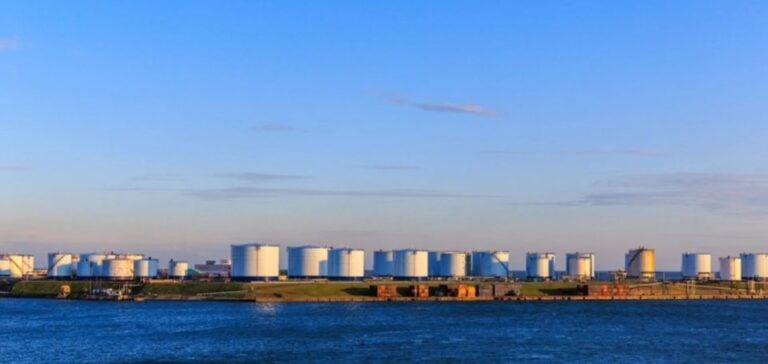Germany’s main energy associations are divided over the draft law on power plant security, known as KWSG (Kraftwerksstandortgesetz). This project, led by the Ministry of Economy and Climate Protection (BMWK), aims to introduce tenders for 10 GW of flexible, hydrogen-ready gas-fired power plant capacity.
The BMWK confirmed on November 25 that the draft is in its final coordination phase within the government. However, its adoption by Parliament remains uncertain amid political tensions and upcoming elections. The Bundestag is scheduled to dissolve in February 2025 following a no-confidence vote set for December 16, potentially jeopardizing the draft’s approval.
Zukunft Gas calls for swift adoption
The Zukunft Gas association, representing the gas and hydrogen sectors, is urging Parliament to quickly adopt the KWSG. According to Timm Kehler, Managing Director of Zukunft Gas, the law is crucial to accelerate coal phase-out and support the development of intermittent renewable energy with flexible, controllable gas-fired power plants.
“The future of the power plant fleet should be a top priority in the first 100 days of the next government,” Kehler stated, while lamenting the current political instability.
BDEW warns about financial risks
The public utility association (BDEW) raised concerns about the unattractive funding conditions for private investors. Kerstin Andreae, Managing Director of BDEW, highlighted challenges such as limited hydrogen availability and technological delays, making these projects risky for banks and investors.
BDEW has called for regulatory adjustments to ensure the economic viability of these projects. “Legislators must act quickly to prevent a slowdown in developing the necessary production capacities,” Andreae emphasized.
BEE demands a complete overhaul
In contrast, the renewable energy association (BEE) opposes the draft in its current form. It has called for transforming the KWSG into a flexibility security law, tailored to the growing demand for grid flexibility. According to BEE, the current draft lacks ambition for integrating renewable energy and fails to meet market requirements.
Opposition from CDU/CSU
The CDU/CSU parliamentary group, Germany’s main opposition party, has expressed its refusal to support legislative initiatives from the current coalition. Instead of supporting hydrogen-ready power plants, the CDU/CSU advocates for further exploration of carbon capture and storage (CCS) technologies to reduce emissions from conventional power plants. The party also opposes advancing the closure dates for coal and lignite plants, currently set for 2038.
Next steps and political uncertainties
The draft law has received a green light in principle from the European Commission to comply with state aid regulations. The Cabinet is expected to review it in early December. However, political instability and the potential dissolution of Parliament in 2025 could delay or block its adoption.






















